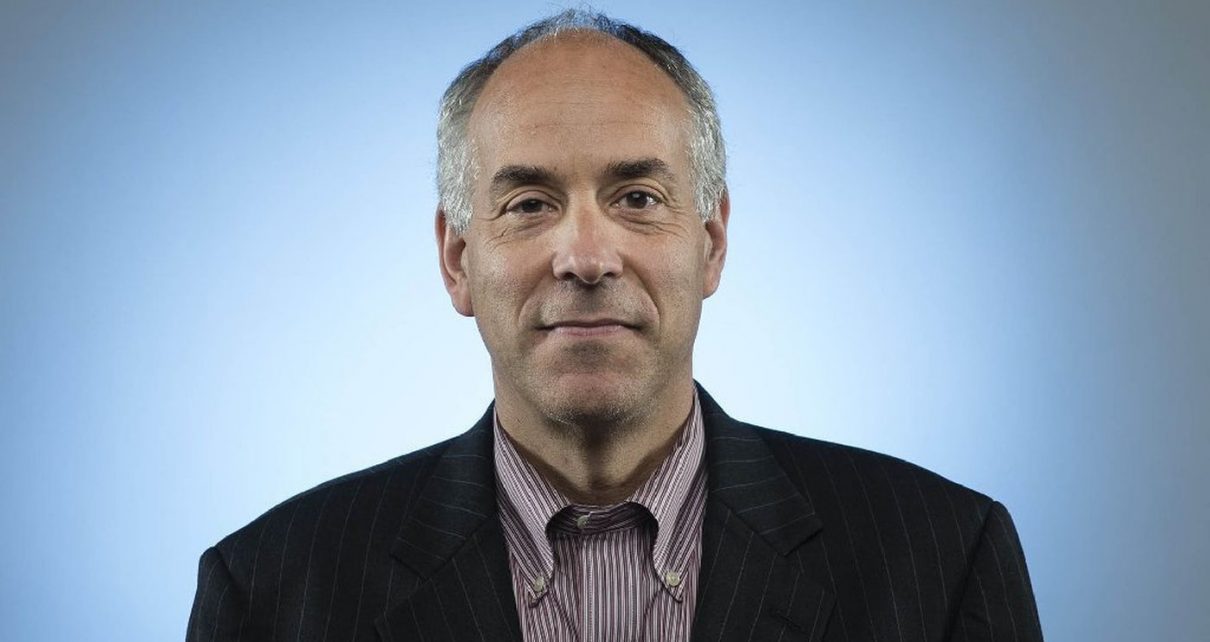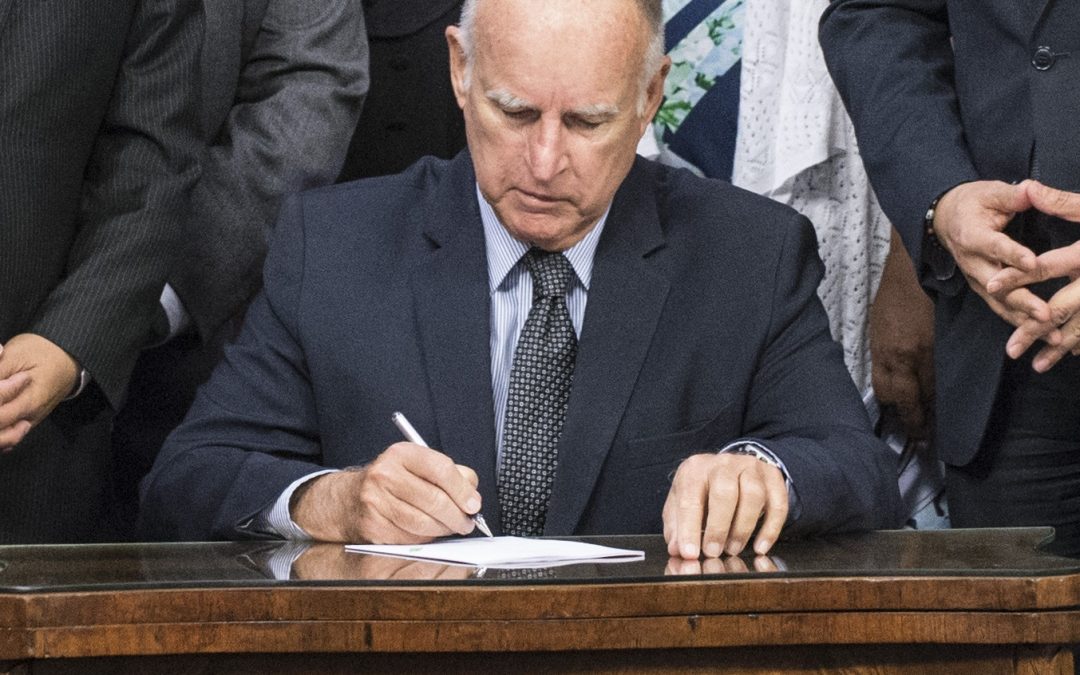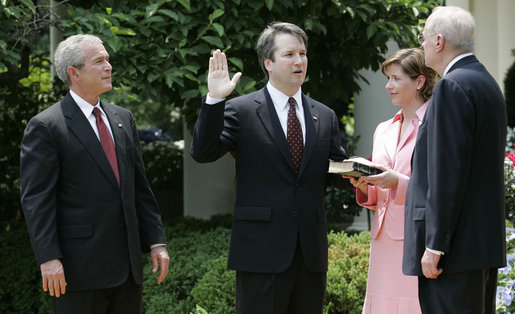
Opinion: LA Times’ Farcical Stand for Independence
Preachy Trump editorial wants to have it both ways, but ends up in groupthink
By Evan Gahr, August 21, 2018 1:12 pm

The Los Angeles Times declined to join more than 300 newspapers publishing coordinated editorials last Thursday decrying President Donald Trump’s war on the press, which the President continually labels the “enemy of the people.”
So, the state’s flagship paper was not part of this herd of independent minds. Or was it?
The Times’ official explanation for the abstention sounded suspiciously like a form of participation, interspersed with the kind of political calculus that activist organizations and politicians—not journalists—should be making.
In a signed opinion piece, “The Los Angeles Times is Not Participating in Today’s Nationwide Editorial Page Protest Against Donald Trump’s Attack on the Press. Here’s Why,” editorial page editor Nicholas Goldberg more or less participated by backing the protest.
Goldberg quoted extensively from his previous editorial about Trump’s “War on Journalism”—essentially joining all the criticism on the anointed day of August 16.
“‘Trump’s strategy is pretty clear: By branding reporters as liars, he apparently hopes to discredit, disrupt or bully into silence anyone who challenges his version of reality. By undermining trust in news organizations and delegitimizing journalism and muddling the facts so that Americans no longer know who to believe, he can deny and distract and help push his administration’s far-fetched storyline.’”
“We still believe that. Nevertheless, the editorial board decided not to write about the subject on this particular Thursday because we cherish our independence.”
Decided not to write about it?
But, uh, actually he just did—tackling the “subject” in considerable detail, complete with the paper’s previously stated official stance on Trump’s press bashing.
Goldberg then offered a curious explanation for the Times’ supposed lack of participation in the effort.
“The president himself already treats the media as a cabal — ‘enemies of the people,’ he has called us, suggesting over and over that we’re in cahoots to do damage to the country. The idea of joining together to protest him seems almost to encourage that kind of conspiracy thinking by the president and his loyalists. Why give them ammunition to scream about ‘collusion’?”
Hello?
Editorial writers and other journalists who do opinion pieces are supposed to be offering robust commentary on the news. They are not supposed to be calculating how somebody they choose to criticize will respond and then hedging their bets or holding their fire accordingly. That is the kind of stuff politicians do when they decide whether to attack an opponent or keep quiet lest he get more leverage out of the issue.
The formulation also suggests Goldberg has a mighty exaggerated sense of his own importance. Scores of newspapers were on record saying they would participate in the Boston Globe-led effort, giving Trump–with or without the LA Times participating–reason, motive and opportunity to accuse the press of collusion.
And that is precisely what the President did on Twitter early in the morning of August 16.
That day, at least eight California newspapers joined the journalistic bushwhacking of Trump. They included the San Diego Union Tribune, the Mercury News, the Orange County Register and the Long Beach Post.
The San Francisco Chronicle, however, declined to publish an editorial.
Unlike the self-impressed Nicholas Goldberg, Chronicle editorial page editor John Diaz clearly realized that even without his participation the mass editorializing would play right into Trump’s hands.
But he didn’t offer Trump’s expected reaction as a prime rationale for abstention.
Instead he gave a compelling and obvious reason to not join the August 16 effort: group think is inimical to a newspaper’s mission.
Of course, newspapers, once upon a time, cherished their independence and endeavored to offer something unique to readers. They didn’t want to get “beat” on stories. Somebody who proposed coordinating coverage with competitors would have practically been laughed out of the profession.
Diaz wrote: “One of our most essential values is independence. The [Boston] Globe’s argument is that having a united front on the issue — with voices from Boise to Boston taking a stand for the First Amendment, each in a newspaper’s own words — makes a powerful statement. However, I would counter that answering a call to join the crowd, no matter how worthy the cause, is not the same as an institution deciding on its own to raise a matter.”
Indeed.
- Trump Justice Department to Join Lawsuit Against UCLA Medical School for Illegal Racial Preferences in Admissions Decisions - February 16, 2026
- Federal Judge Rules UCLA Jewish Students Discrimination Claims Against Pro-Hamas Groups to Proceed - February 5, 2026
- California Superior Court Judge Affirms Mob Rule at UCLA - January 17, 2026




